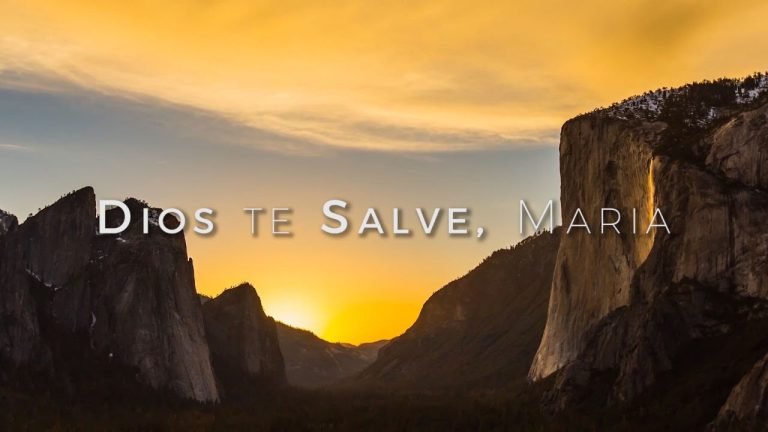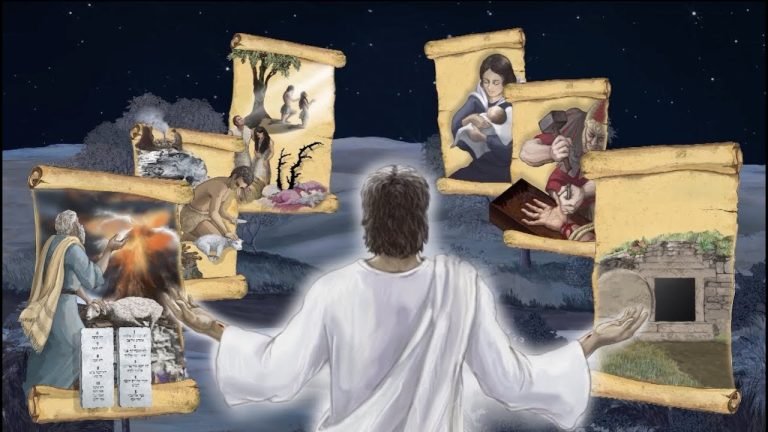Understanding the Definition of Predestined
The term predestined often evokes thoughts of fate and inevitability, suggesting that certain events or outcomes are predetermined by a higher power or universal forces. This concept raises intriguing questions about free will, choice, and the extent to which our lives are guided by destiny. Understanding the definition of predestined not only sheds light on philosophical debates but also influences various aspects of culture, literature, and personal beliefs, making it a compelling topic for exploration.
What is the meaning of predestined?
Predestined refers to something that has been decided or determined in advance, rooted in the Latin term praedestinare, meaning “determine beforehand.” This concept often appears in religious contexts, where it provokes deep discussions about fate, divine plans, and the moral responsibilities individuals hold in light of their predetermined paths. Understanding predestination invites us to explore the intricate relationship between free will and destiny, prompting profound reflections on the nature of our choices and the future that awaits us.
What is the meaning of predestinate in the Bible?
In the Bible, the term predestinate refers to the divine act of determining or ordaining events before they occur, as seen in Acts 4:28, which highlights human determination within God’s plan. This concept serves as a foundational element for various theological doctrines, emphasizing God’s sovereignty in the unfolding of history. Predestinate, derived from the Greek word proorizo, is intricately linked to three key biblical concepts: to determine, to elect, and to foreknow, illustrating a profound connection between divine intention and human choice throughout scripture.
What is the meaning of predestined in the KJV Bible?
In the context of the King James Version of the Bible, the concept of predestination highlights God’s sovereign ability to establish a divine plan that exists beyond the constraints of time. This idea underscores the belief that God, in His omniscience, has predetermined outcomes and purposes that will unfold according to His will. Several passages throughout Scripture, such as Isaiah 14:24-27 and 46:8-10, affirm this notion, illustrating that God’s intentions are both purposeful and unchangeable.
Moreover, predestination emphasizes the relationship between divine will and human existence, suggesting that while individuals have free will, their ultimate destinies align with God’s overarching plan. This theological perspective assures believers that their lives are not subject to random chance but are part of a greater divine narrative. Through this lens, passages like Isaiah 37:26 and 22:11 remind us that God’s foresight and planning are integral to His governance of the world, providing comfort and assurance to those who trust in His promises.
Exploring the Concept of Fate and Choice
Fate and choice are two intertwined concepts that shape the human experience, each influencing our paths in unique ways. Fate often presents itself as a predetermined course of events, suggesting that certain outcomes are beyond our control. This notion can evoke a sense of inevitability, leading individuals to question the extent of their agency in navigating life’s challenges. However, within this framework, the idea of choice emerges as a powerful counterbalance, reminding us that our decisions and actions can significantly alter our trajectory.
The interplay between fate and choice invites a deeper exploration of how we perceive our lives. While fate may lay down the groundwork, it is our choices that fill in the details, transforming the narrative into something distinctly personal. Each decision, whether monumental or mundane, contributes to the tapestry of our existence, reinforcing the belief that we possess the ability to shape our destinies. This dynamic tension encourages a sense of empowerment, urging us to take responsibility for our choices while acknowledging the mysterious forces at play.
Ultimately, the relationship between fate and choice prompts us to reflect on our journeys. Embracing the unpredictability of life can foster resilience, as we learn to navigate the complexities of our experiences with both acceptance and agency. By recognizing the intricate dance between what is meant to be and what we can influence, we cultivate a deeper understanding of ourselves and the world around us. This exploration opens up a realm of possibilities, inviting us to engage with our lives more fully and intentionally.
Unraveling the Mysteries of Predestination
The concept of predestination has captivated thinkers and theologians for centuries, presenting a complex interplay between free will and divine foreknowledge. At its core, predestination suggests that the fate of individuals is determined by a higher power, often leading to profound questions about human agency. As we delve into this intricate topic, we find ourselves grappling with the implications of being guided by an unseen hand and the extent to which our choices truly shape our destinies.
Throughout history, various philosophical and religious perspectives have emerged, each offering unique insights into the nature of predestination. From the teachings of Augustine to the doctrines of Calvinism, the debate has evolved, highlighting the tension between determinism and the belief in personal responsibility. This ongoing discourse invites us to reflect on our understanding of morality, purpose, and the inherent value of choice, urging us to consider how these ideas influence our lives and beliefs.
As we unravel the mysteries of predestination, we are encouraged to explore the balance between fate and freedom. This exploration not only deepens our understanding of ourselves and our place in the universe but also fosters a greater appreciation for the complexities of life. By engaging with these timeless questions, we can cultivate a more nuanced perspective on our existence, ultimately empowering us to navigate the delicate dance between destiny and free will with greater clarity and purpose.
The Intersection of Destiny and Free Will
In the intricate tapestry of life, the threads of destiny and free will are woven together in a dynamic interplay that shapes our experiences. Destiny often represents the predetermined paths we find ourselves on, influenced by factors beyond our control, such as our environment, culture, and even genetic predispositions. These elements create a framework within which our lives unfold, suggesting that certain events may be fated to occur. Yet, within this framework lies the profound power of free will, the ability to make choices that can alter the course of our journey.
Free will empowers us to respond to the circumstances of our lives actively. It is the unique capacity to weigh options, consider consequences, and take deliberate actions. This autonomy allows individuals to carve their own identities and pursue their passions, even when faced with seemingly insurmountable odds. Every decision made, no matter how small, contributes to the larger narrative of our existence, highlighting the importance of personal agency in shaping our destinies.
As we navigate the delicate balance between destiny and free will, we discover that these concepts are not mutually exclusive but rather complementary forces. While destiny may set the stage for our lives, it is our choices that determine how we perform in the play. Embracing both aspects fosters a deeper understanding of our journeys, encouraging us to take ownership of our paths while recognizing the larger forces at play. In this dance between fate and choice, we find the essence of what it means to be human: to strive, to grow, and to shape our own destinies amidst the vast uncertainties of life.
A Deep Dive into Predestined Paths
In a world where choices often feel like mere illusions, the concept of predestined paths invites profound contemplation. Imagine a journey where every twist and turn is woven into the fabric of our existence, guided by unseen forces that shape our destinies. From the moment we take our first breath, a unique tapestry of experiences begins to unfold, influenced by our environment, relationships, and even chance encounters. This intricate interplay between fate and free will raises intriguing questions about the nature of control over our lives. Are we the architects of our future, or merely travelers on a predetermined route? As we navigate the complexities of life, exploring the delicate balance between destiny and autonomy reveals a remarkable depth to the human experience, urging us to embrace the mystery of the paths we traverse.
Understanding the definition of predestined invites us to explore the intricate relationship between fate and free will. It challenges us to reflect on the forces that shape our lives and the choices we make within that framework. Embracing this concept can empower us to find meaning in our experiences, recognizing that while some paths may seem predetermined, the journey remains uniquely ours to navigate.







